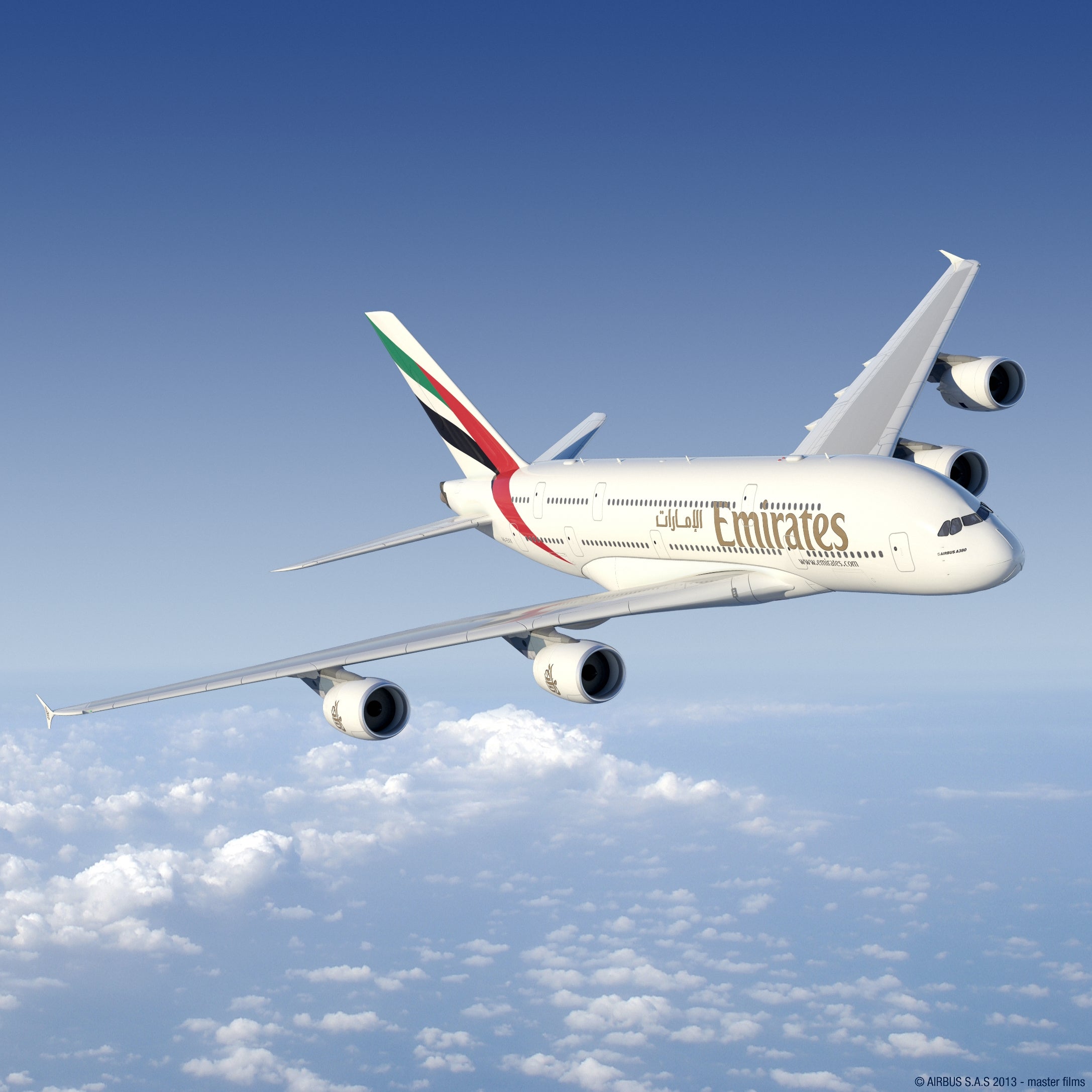H.H. Sheikh Ahmed Bin Saeed Al Maktoum: Powering The Engines Of Prosperity To Dubai Expo 2020 And Beyond Aviation is one of the main engines driving Dubai's emergence as a global center for trade, commerce and tourism.
Opinions expressed by Entrepreneur contributors are their own.
You're reading Entrepreneur Middle East, an international franchise of Entrepreneur Media.

It's been more than a year and a half since the UAE was named as the host of World Expo 2020. As the government and business community have already begun to collectively gear up for the largest international mega-event to happen in this region, the role of entrepreneurship has never been more essential. It will not only continue to solidify the foundations of our economy, but will also help propel it beyond 2020.
Dubai expects to receive over 25 million visitors, with over 70% of them coming from beyond the UAE, setting a precedent for World Expos. This means that about 17.5 million people will conduct about 33 million visits to the Expo site. These figures confirm to me that every sector in the UAE will be involved in this mega project.
As we approach 2020, the UAE will become even more "front and center' on the world's stage. This translates into opportunities for businesses to further link up with global value chains across several sectors, and our flourishing air transport sector will play a big role in that. Government plans have already been laid out, and they carry enormous opportunities for small and medium sized businesses. Within the nucleus of the private sector, the role of SMEs is becoming vital in augmenting Dubai's already diversified economy, helping to create more jobs in industries that underpin our place as a global epicenter for everything business.
Dubai Expo 2020 will support Dubai and the UAE's economy by creating more than 270,000 additional jobs between 2013 and 2021 - with 40% of them in the travel and tourism sector. Aviation and its direct, indirect and induced outputs will account to more than 17% of Dubai's total workforce by 2020. Aviation is one of the main engines driving Dubai's emergence as a global center for trade, commerce and tourism. That is why the government created a business and regulatory environment that supports its growth by encouraging open competition through Open Skies policies and efficient operations. For every $100 of activity in the aviation sector, a further $72 is added in other sectors of the local economy from supply chain connections and expenditures. For every 100 jobs created in aviation, an additional 116 jobs are created elsewhere in Dubai. Everything points in the direction that these figures will grow significantly in the coming years, and will spill over to the rest of the region.

According to an Oxford Economics study done last year, aviation supported over 416,500 jobs and contributed over US$26.7 billion to Dubai's economy in 2013. This growth will be further stimulated as Emirates expects to carry 70 million passengers by 2020 on over 300 aircraft, and we are developing our workforce, and building leading-edge facilities to support operations of this scale.
These are not ambitious figures.
They are forecasts based on meticulously laid out plans to enhance the world-class infrastructure that has defined Dubai. It's no accident that we are a global aviation and tourism hub that continues to power the engines of economic development.
It's taken years to build up the fundamentals, and we will continue to take a consensus-based approach to infrastructure investment, embrace open competition, and focus on opening up and connecting mature as well as emerging markets.
SMEs within a multitude of sectors have played a part in the development of this infrastructure and will continue to be involved in a wide spectrum of the industries that surround it including building materials, construction, support for the over 400 hotels in Dubai in a sector that continues to grow, consumer products and supply chain projects including storage, logistics and packaging, to name a few.
But infrastructure is just the start.
Infrastructure and logistics help to define and enhance our strategic geographical position. Entrepreneurship will help unlock the potential of innovative industries and will define their structure. And connectivity will be the lynchpin that helps merge great young minds and new ideas.
One of Dubai's greatest assets is its superior connectivity. We are eight hours away from two-thirds of the world's population. And the connectivity effects will continue to be felt, not just local or regionally. From China to Africa, we are helping to build the new trade highway. Today, passengers have direct flight connections from Dubai to over 149 cities with populations of over 1 million people, creating potential export markets of over 916 million people, or 13% of the world's population. This connectivity has provided greater access to foreign markets, encouraging exports, and increasing competition within our own local economy, ultimately benefiting consumers. It has also given smaller businesses the ability to specialize in areas where they have a comparative advantage over their more sizable competition, helping to pioneer new products that will extend Dubai's already burgeoning creative industries, tourism and technology sectors. As a result, new thinking and dynamic ways to attract business will raise the bar for innovation.
The extent of the opportunities available for those who want to seize them are significant, and I am optimistic of the prospects that lay ahead of us in the upcoming years as aviation continues to be a key economic sector and driver in Dubai and the UAE, leaving a lasting mark for generations to come.











